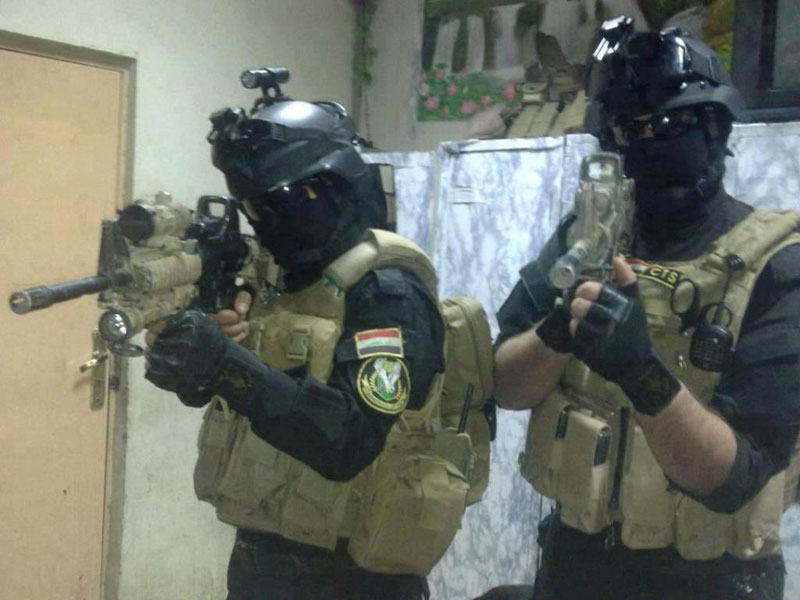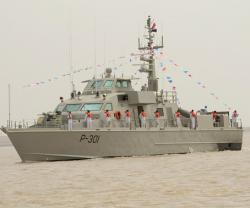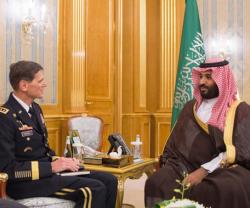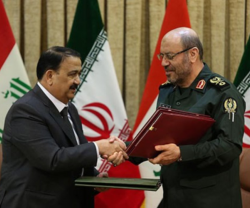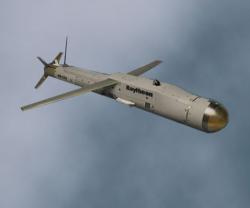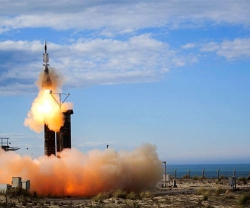The United States recently sent a small number of Special Forces soldiers to Jordan to train with counterparts from Iraq and Jordan, a new step in the Obama administration's effort to help Baghdad stamp out a resurgent al Qaeda threat, a U.S. defense official said on Friday.
The U.S. contingent was dispatched to take part in a training exchange with counterterrorism forces from Iraq and Jordan, allowing the administration to provide a modest new measure of support to Iraqi Prime Minister Nuri al-Maliki.
“The training will bolster skills in counterterrorism and special operations tactics, techniques and procedures,” a U.S. defense official said on condition of anonymity.
The training, which includes less than 100 elite soldiers from the three countries, began last weekend. It will continue through the end of April, although the Iraqi soldiers will only take part through the end of this month, the official said.
The new training complements stepped-up sales of U.S. weaponry to Maliki's government, and reflects increased concern among U.S. officials about Iraq's security trajectory more than two years after all American troops departed.
Reuters was first to report in January that U.S. officials were considering supporting training of elite Iraqi forces in a third country.
In the past, U.S. officials had said that they were considering training the Iraqi forces at a privately run special operations training center near Amman.
Jordan, grappling with the mounting impact of the grinding conflict in neighboring Syria, is one of the United States' closest allies in the Middle East.
The U.S. response to mounting sectarian tensions and surging violence in Iraq has been limited by reluctance to further empower Maliki, a Shi'ite Muslim leader increasingly at odds with Iraqi Sunni Muslims, and a widespread desire to ensure U.S. soldiers aren't involved in another Middle Eastern conflict.
Because U.S. soldiers cannot conduct military activities in Iraq without a Status of Forces Agreement, training with Iraqi forces outside of Iraq is one way the Obama administration can try to help Iraq beat back a surge in militant attacks over the last year.
Since early 2013, suicide bombings and other sophisticated attacks have once again become more common in Iraq, seeming to break the lull in violence that coincided with the final years of the U.S. military presence that began in 2003.
U.S. anxiety about Iraq skyrocketed when militants from an al Qaeda offshoot, the Islamic State in Iraq and the Levant (ISIL), with the help of other Sunni groups, overran Iraq's city of Falluja in largely Sunni Anbar province.
Source: Reuters

